Communication, Marketing or Storytelling?
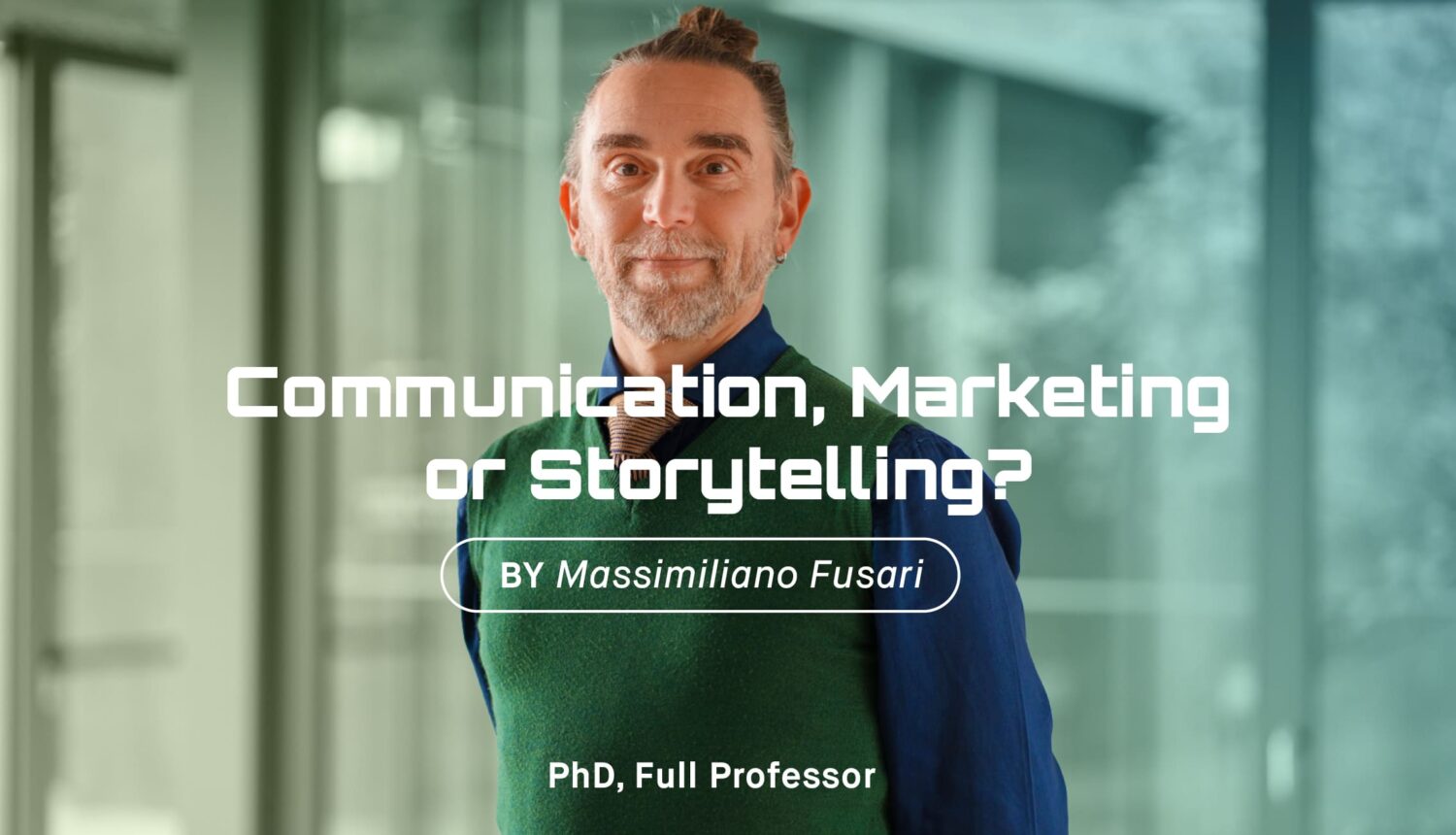
Storytelling seems to have become the answer to any question, all the time: arguably, even more so than marketing.
Our latest marketing campaign worked? It’s all because of the storytelling! On the contrary, the marketing campaign failed miserably, and the Company got bankrupted? Surely, it’s all precisely because of the wrong storytelling! Yet, storytelling as a notion should be more attentively evaluated and more precisely implemented in relation to marketing, as these are overlapping communication practices. Let’s see how.
Today’s communication landscape continues to change at a spinning rhythm. New ideas travel fast to become cheap assets in no time. Trends and scenarios are hard to plan, difficult to foresee, and increasingly challenging to be managed. Yet, precisely for all the above, it is mandatory to engage those challenges to explore what makes anything ‘right’ or ‘wrong’ and, in so doing, discern the best strategy for that which lies ahead of us: in other words, is there anything that makes a piece of communication ‘wrong’? Or a storytelling ‘right’? Or, indeed, a marketing effort impactful and effective? Let me start precisely from the latest issue to build up, and map where we stand, and how we could approach communication notions that are as ephemeral as hard to grab as storytelling.
Interesting, it is still rather common to mix and overlap, if not blatantly mistake and confuse, marketing with sales and/or advertisement. Arguably, this is in direct response to the same nature of marketing, as that which is finalized to promote, in a positive manner, something or someone. It follows that the same foundations of marketing overlap dramatically with storytelling, which – in turn – is the most difficult field not only to map, but to be clearly defined.
I tend to introduce my HFC students to the definition of marketing by reference to a date they might have had recently, or, indeed, are looking forward to. As you plan your customer journey to win your date’s heart, what could, or should, you talk about (incidentally, you could translate the same notion into the Hero’s journey of storytelling)?
Possibly, your date might equally avoid mentioning embarrassing situations (a communication strategy of marketing content), and aim to mirror – as needed – your movements and manners (a communication strategy of marketing form). Indeed, I expect everyone to praise their own qualities, and loudly appreciate the other person’s ones.
So, even such an ordinary experience, that of a date, is informed if not thoroughly imbued of communication strategies of marketing. In addition, is such a behaviour any different when going to a job interview or compiling a resumé for an opening?
After all, it’s always about tango-ing to empathise with someone else’s understanding, appreciation, or expectations about us, and, indeed, our identity, interests, and values. Which is indeed what turns communication into a relation, which is the definition Mr. Muzi-Falconi, founder of the field of PR in Italy, always refers to when defining PR.
Communication, like marketing, and like storytelling (and PR, and crisis management, and diplomacy, and many other professional fields), necessitates and is based upon consistency and plausibility: we are trusted as far as what we communicate can effectively be associated to us, and is perceived as integral to us, our identities, interests, and values.
Hence, marketing shares with storytelling its being based on trust and empathy, as well as communal identities, interests, and values, to be communicated with consistency and plausibility.
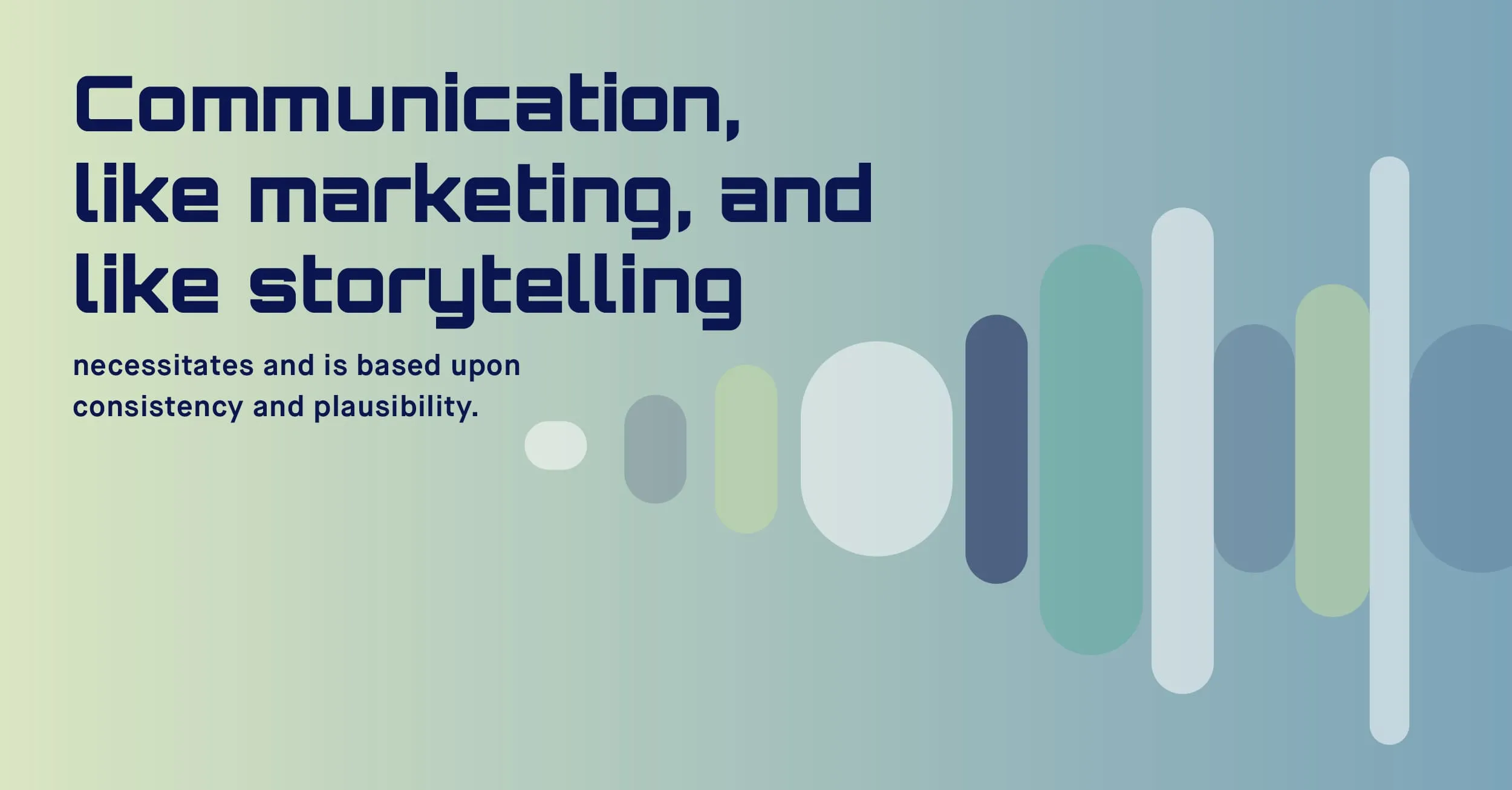
I have – hopefully – kept you anchored at my brief contribution by intertwining and connecting – two key defining activities in today’s digital cultures – as both form and contents: this is precisely the communication role of marketing, and even more so of storytelling! Indeed, I mentioned the role, but not the process or dynamics or functions, i.e. the definition, of storytelling, but I did it so with a strategic purpose!
This is how I inform my delivery on a daily base, with both university students and executive participants: I attentively choose what I communicate and integrate it with a strategic choice of supporting materials in the form of whatever it might be most relevant for the case at discussion. Let me share an example.
Are we talking about content marketing? Why not showing the video of Billy Gene’s The Wolf of Paid Advertising? And, as I show that, opening up a conversation with what the participants recognise as relevant to the topic (the formative space of the seminar), and debating what their contributions might further clarify as they bring to the table their own expertise and what they know that I don’t (the formative space of the flipped class)?
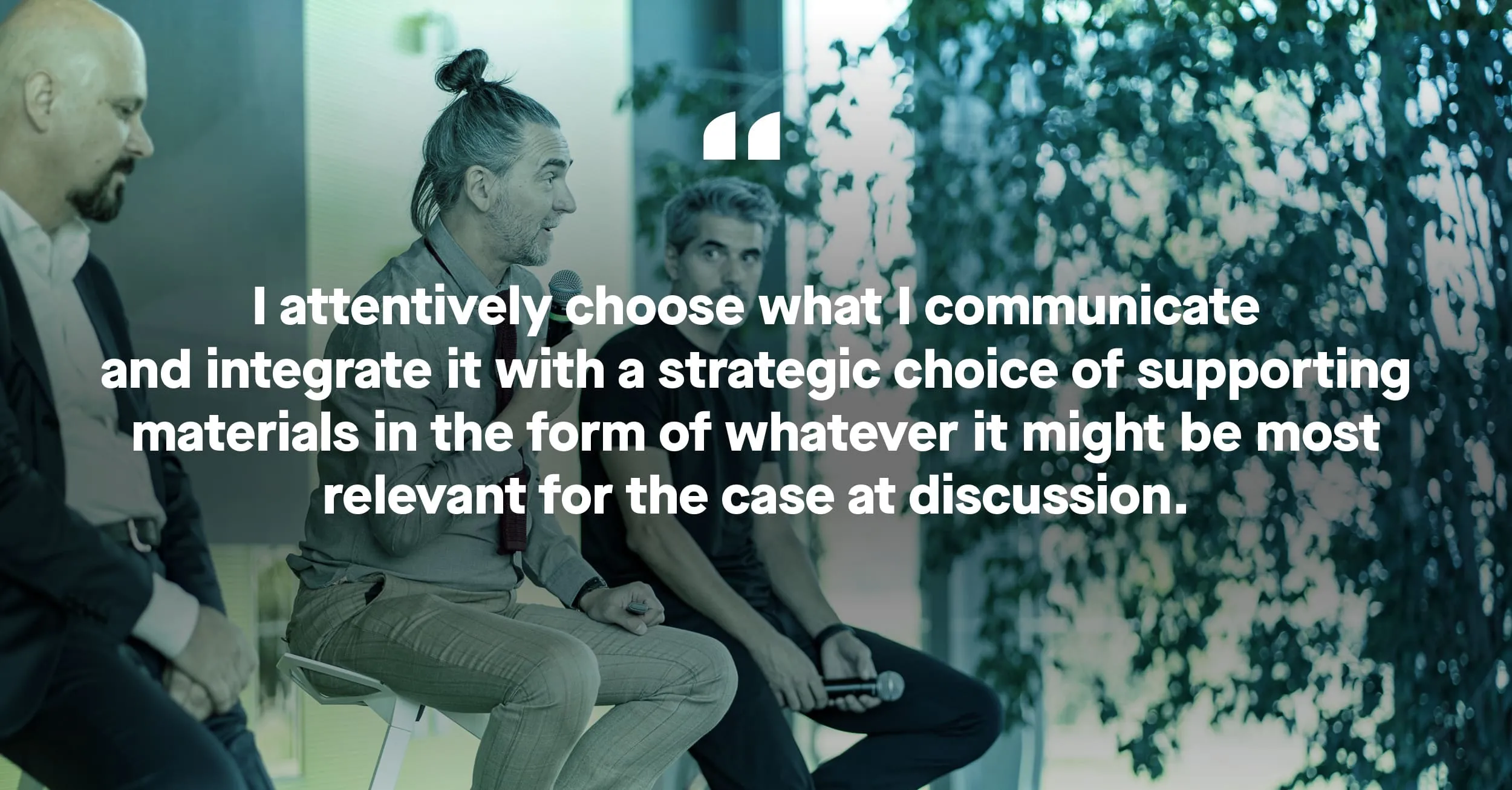
As socio-cultural changes develop by the minute, the absolute necessity of understanding and questioning becomes what should more and more define what we do, and how we do it. Trust me… it’s not me saying this, but the World Economic Forum with the 2023 Future of Jobs Report, and its list of the ten most required skills for the next 5 years.
The top three remain Creative thinking, Analytical thinking, and Technological literacy: the first two are approaches to today’s issues, while the third most rapidly gaining importance addresses, arguably, the architecture and tools to develop the first two. As for me, aged 51, I remain equally thoroughly committed to curiosity and lifelong learning (forth in the table), as these four are precisely the reasons why after 30 years working around the world, I chose to plant my roots at the College where I explore today’s sudden changes with my colleagues and those attending our formative activities: this is precisely how I mutually refine ideas and practices on a daily basis, across the wider ecosystem of H-FARM, be these with my undergraduate students, the postgraduate ones, or the professionals who never cease learning: all of them chose H-FARM College as their home: when will you join us?
Massimiliano Fusari, PhD, Full Professor





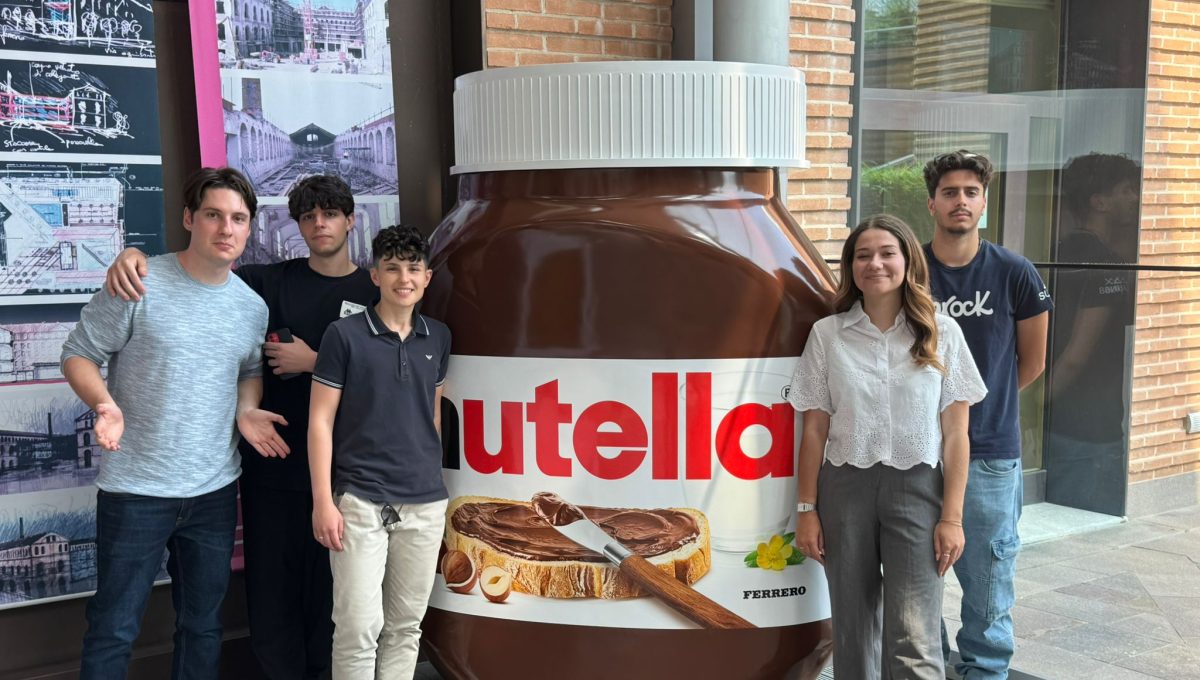
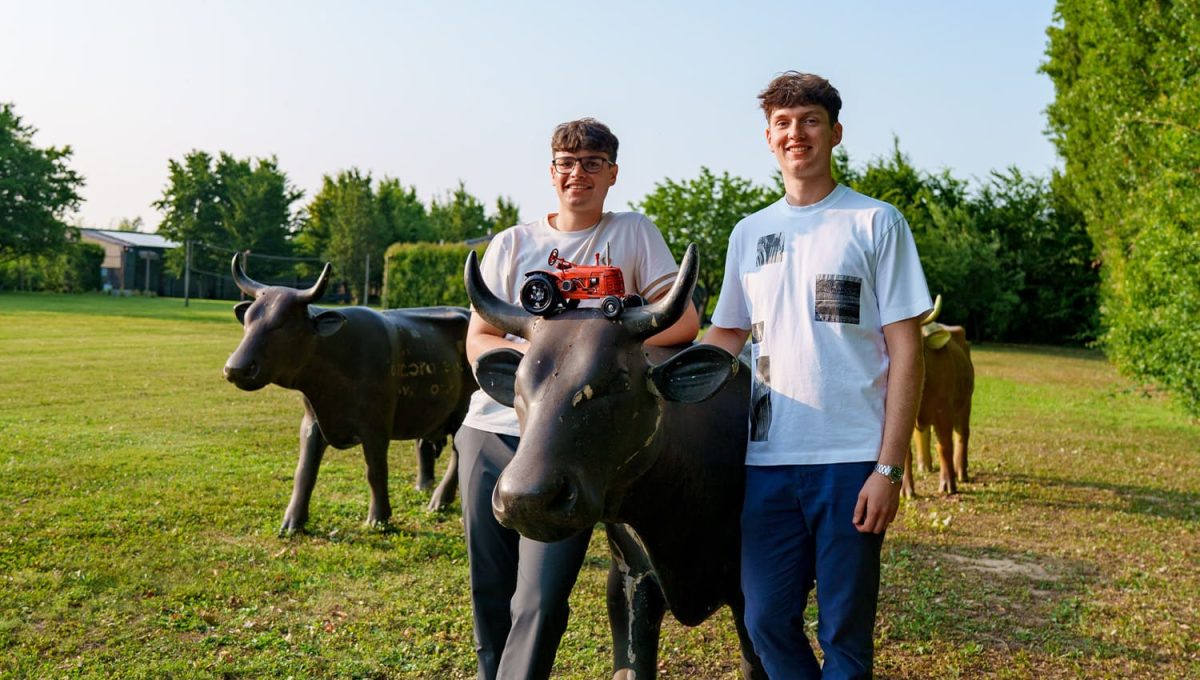

 Back
Back
